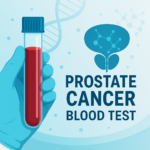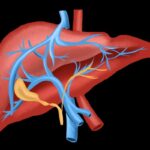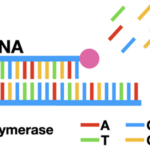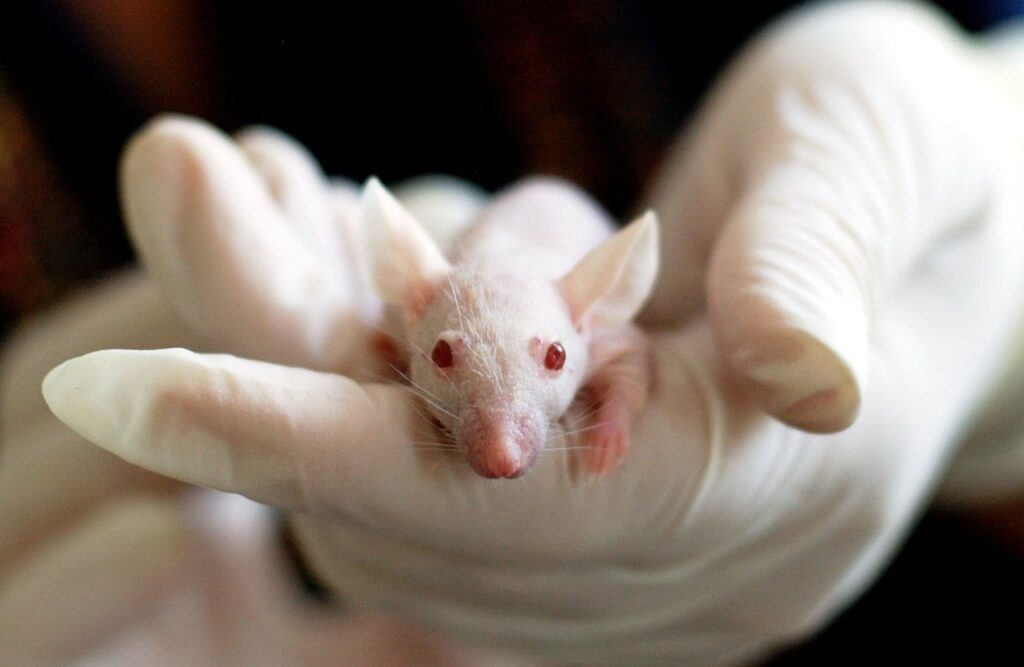The Role of IL-11 Inhibition in Longer, Healthier Life
In a world where we constantly seek ways to live healthier and longer, recent scientific discoveries are opening exciting new doors. A groundbreaking study published in Nature has shed light on a protein called IL-11, revealing how IL-11 inhibition might hold the key to extending both our healthspan and lifespan. Let’s dive into these fascinating findings and explore what they could mean for the future of aging.
What is IL-11, and Why Does It Matter?
IL-11 is a type of protein known as a cytokine, which plays a crucial role in our body’s immune response. While inflammation is a normal part of healing, chronic inflammation can lead to various health problems, particularly as we get older. IL-11 stands out because its levels increase with age and have been linked to several age-related diseases.
Researchers have discovered that as IL-11 levels rise, they activate certain pathways (specifically ERK, AMPK, and mTORC1) that speed up the aging process. By inhibiting IL-11, we might be able to slow down these processes, leading to better health and longer life. Learn more about how understanding your biological age with the epiAge test can help manage health proactively
Key Findings from the Research
- IL-11 Levels Rise with Age:
- In studies with mice, scientists observed that IL-11 levels increase in tissues like the liver, white adipose tissue (fat), and skeletal muscle as the mice age.
- Inhibiting IL-11 Improves Healthspan:
- Mice that were genetically altered to lack IL-11 or treated with anti-IL-11 antibodies showed significant improvements in metabolic health, muscle function, and reduced markers of aging.
- These mice also had lower levels of frailty and fewer age-related diseases.
- Extending Lifespan:
- One of the most exciting discoveries was that inhibiting IL-11 not only improved health but also extended lifespan. Mice treated with anti-IL-11 lived significantly longer, with lifespan increases of 22.5% in males and 25% in females.
What Does This Mean for Us?
The implications of these findings are huge. As we age, our bodies go through changes that can lead to chronic diseases, reduced mobility, and a general decline in quality of life. By targeting IL-11, we might be able to slow down these changes, promoting healthier aging and potentially extending life.
Currently, anti-IL-11 therapy is being tested in early-stage clinical trials for treating fibrotic lung disease. However, this research suggests that the therapy could have much broader applications, possibly benefiting older adults by addressing multiple aging-related issues.
How Does Anti-IL-11 Therapy Work?
Anti-IL-11 therapy uses antibodies to neutralize IL-11, stopping it from activating the harmful pathways linked to aging. Here’s how it helps:
- Reducing Chronic Inflammation: By inhibiting IL-11, chronic inflammation decreases, which is a major driver of many age-related diseases.
- Improving Metabolic Health: IL-11 inhibition helps maintain better metabolic function, reducing risks associated with obesity, diabetes, and cardiovascular diseases.
- Enhancing Muscle Function: Improved muscle function means better mobility and strength, leading to a more active and independent lifestyle as we age.
- Lowering Aging Biomarkers: Biomarkers like telomere length and mitochondrial DNA copy number are preserved, indicating a slower aging process at the cellular level.
Real-Life Applications and Future Prospects
While the current research is primarily focused on animal models, the next step is to bring these findings into human applications. Here’s what we can expect:
- Clinical Trials:
- Extensive clinical trials are needed to test the safety and effectiveness of anti-IL-11 therapy in humans. This step is crucial to ensure that the therapy can be safely used in older adults to extend healthspan and lifespan.
- Broader Health Applications:
- Beyond aging, IL-11 inhibition could be useful for treating various inflammatory and fibrotic conditions, making it a promising candidate for comprehensive health improvement.
- Integrative Health Strategies:
- Combining IL-11 inhibition with other health-promoting strategies, such as a balanced diet, regular exercise, and other medical treatments, could offer a holistic approach to aging.
Conclusion: A New Era in Aging Research
This research represents a significant leap forward in understanding and potentially mitigating the effects of aging. By targeting a single protein, IL-11, scientists have opened the door to a range of health improvements that could help people live longer, healthier lives.
Stay tuned for more updates as the scientific community continues to explore the exciting possibilities of anti-IL-11 therapy. With ongoing research and future clinical trials, there is hope that these findings will translate into real-world applications, bringing us closer to a future where aging is not just a fact of life but a journey we can navigate with greater health and vitality.
For those interested in the latest scientific discoveries and their potential impact on our lives, this is an exciting time. The journey towards a longer, healthier life is just beginning, and the role of IL-11 inhibition could be a game-changer in how we approach aging and health.
Reference
Widjaja, A.A., Lim, WW., Viswanathan, S. et al. Inhibition of IL-11 signalling extends mammalian healthspan and lifespan. Nature (2024). https://doi.org/10.1038/s41586-024-07701-9
Recent Blog Posts
-
 13 Jun 2025MTL Epitherapeutics and RI-MUHC Develop Early Prostate Cancer Blood Test
13 Jun 2025MTL Epitherapeutics and RI-MUHC Develop Early Prostate Cancer Blood Test -
 11 Jan 2025EpiAge Research Publication Signals a New Era in Understanding Biological Aging
11 Jan 2025EpiAge Research Publication Signals a New Era in Understanding Biological Aging -
 18 Nov 2024EpiMedtech Global Announces FDA Registration of EPIAGE, the First Epigenetic Age Test Registered by the FDA
18 Nov 2024EpiMedtech Global Announces FDA Registration of EPIAGE, the First Epigenetic Age Test Registered by the FDA -
 18 Nov 2024EpiMedTech Global Validates Unique epiCervix HPV Combo Test for Cervical Cancer Detection
18 Nov 2024EpiMedTech Global Validates Unique epiCervix HPV Combo Test for Cervical Cancer Detection -
 31 Oct 2024HKG epiTherapeutics’ MetaGen Genetic Risk Assessment Test Receives FDA Registration, Now Available in the U.S.
31 Oct 2024HKG epiTherapeutics’ MetaGen Genetic Risk Assessment Test Receives FDA Registration, Now Available in the U.S. -
 31 Oct 2024EpiMedTech Global Launches epiGeneComplete: A Breakthrough Genetic and Epigenetic Test for Comprehensive Health Diagnostics
31 Oct 2024EpiMedTech Global Launches epiGeneComplete: A Breakthrough Genetic and Epigenetic Test for Comprehensive Health Diagnostics -
 30 Oct 2024Enhanced Early Detection of Liver Cancer
30 Oct 2024Enhanced Early Detection of Liver Cancer -
 08 Oct 2024Are Microarrays Still Reliable? How Next-Generation Sequencing Outperforms Traditional Methods
08 Oct 2024Are Microarrays Still Reliable? How Next-Generation Sequencing Outperforms Traditional Methods



